Psych exam 2
5.0(1)
Card Sorting
1/88
Earn XP
Last updated 9:04 PM on 3/18/23
Name | Mastery | Learn | Test | Matching | Spaced | Call with Kai |
|---|
No analytics yet
Send a link to your students to track their progress
89 Terms
1
New cards

Mulcastuer(1582): Nature?
Biological endowment(genetic inheritance) (impacts child devlopment)
2
New cards
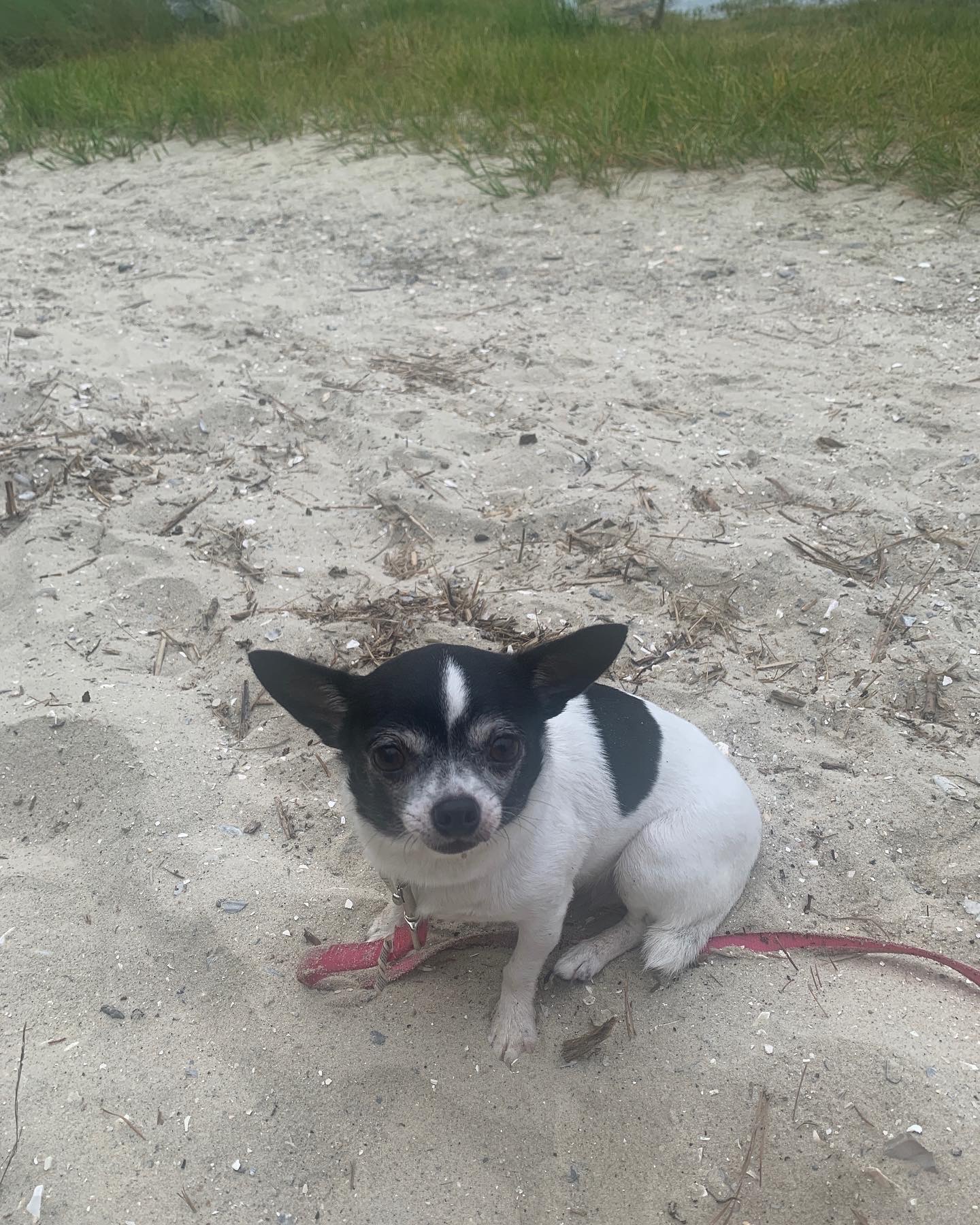
Mulcastuer(1582): Nurture
environmental conditions in which individual develops(impacts child devlopment)
3
New cards

**Galton’s(1800s)**
* Tended to look for the importance of one force over the other
* Claimed that nature predominated over nurture in explaining differences in intellectual abilities
* Beginning of nature-nurture debate
* Claimed that nature predominated over nurture in explaining differences in intellectual abilities
* Beginning of nature-nurture debate
4
New cards

**Alcoholism: risk factors**
peer group use, age, gender, education, beliefs regarding alcohol, family use, genetic predisposition
5
New cards

**Alcoholism genetics:**
* About 50-60% of alcoholics have some type of genetic predisposition which is associated with the NT GABA
6
New cards

**Depression:**
Extreme and persistent sadness, despair, and loss of interest in activities(bad sleep, appetite, self-esteem)
7
New cards

2 types of depression:
major depressive disorder, persistent depressive disorder(dysthymia)
8
New cards

Depression: major depressive disorder
Having depressive __**episodes**__ of intense sadness, loss interest of activities, negative thoughts and behavior
9
New cards

Depression: persistent depressive disorder(dysthymia)
Depressed mood for most of the day, for more days than not, lasts for 2 years or more. Can appear in children for a year and this can lead from childhood to adulthood “I’ve always been like this”
10
New cards

Depression genetics:
* 50% of people with depression have some family history
* Genes affect production of serotonin and dopamine)
* Genes affect production of serotonin and dopamine)
11
New cards

Depression cognitive theory: Aaron Beck’s approach:
* negative views of self, environment and the future. Magnifies errors and misfortunes( we make it seem worse than it actually is)
12
New cards

Depression __Biopsychosocial Explanation:__
Genetics, brain chemistry, and cognitions make some more vulnerable to depression than others
More vulnerability, the less stress it takes to produce depression...
More vulnerability, the less stress it takes to produce depression...
13
New cards

Depression __Diathesis–stress model:__
Both a predisposition and a precipitating event needed for the disorder to develop
\--- death in family, divorce, moving away to college
\--- death in family, divorce, moving away to college
14
New cards
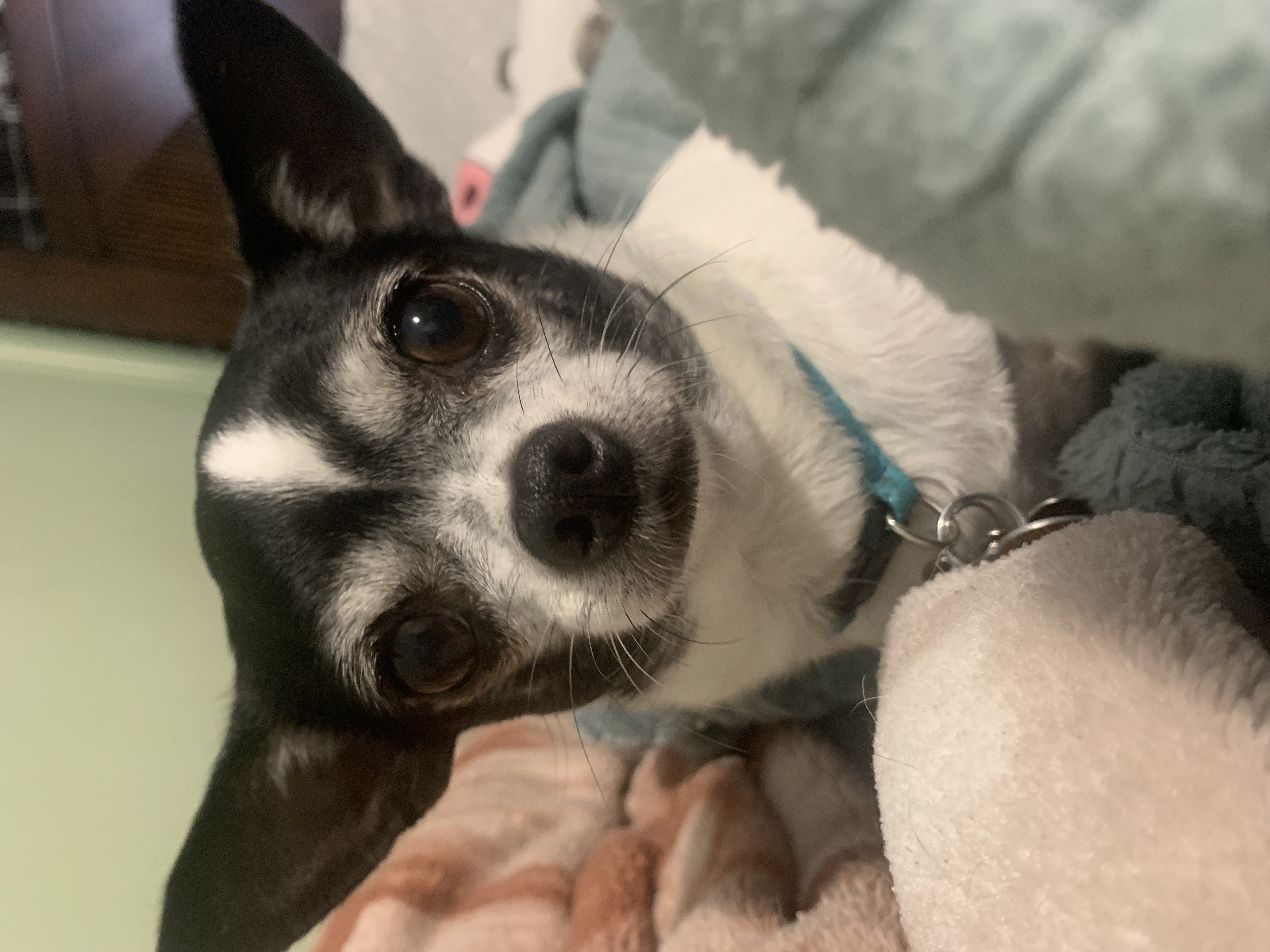
**Schizophrenia**
1% of the population
Several types
• Often includes delusions---thoughts inconsistent w/ reality, and perhaps hallucinations
\-Often includes disordered thinking
•Often includes inappropriate emotions, and small range of emotions
Several types
• Often includes delusions---thoughts inconsistent w/ reality, and perhaps hallucinations
\-Often includes disordered thinking
•Often includes inappropriate emotions, and small range of emotions
15
New cards

**Schizophrenia genetics:**
Risk is about 50% if identical twins
17% if fraternal twins
9% if siblings
6% if parent
(from gottsman, 1991)
17% if fraternal twins
9% if siblings
6% if parent
(from gottsman, 1991)
16
New cards
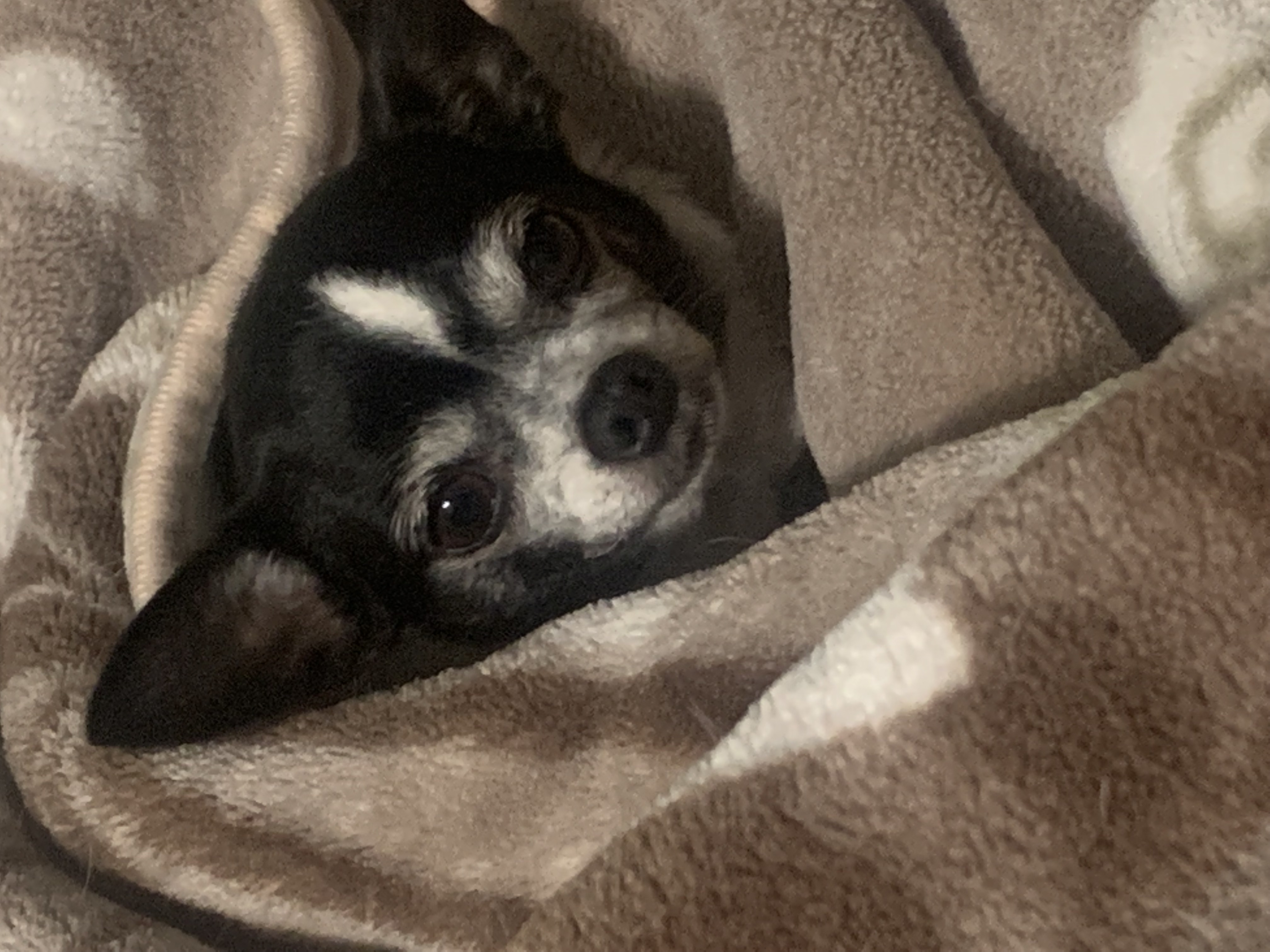
**Schizophrenia biology of brain:**
* Dopamine, and probably glutamate
* Ventricles, hollow fluid-filled areas of the brain, larger in people with schizophrenia
* Ventricles, hollow fluid-filled areas of the brain, larger in people with schizophrenia
17
New cards

**Schizophrenia** Environmental risks:
* Pregnancy and birth complications
* Childhood head injury
* Stress, perhaps especially during adolescence
* Childhood head injury
* Stress, perhaps especially during adolescence
18
New cards

issue of developmental research: nature/nurture
development is the product of combined biological and environmental factors
19
New cards

issue of developmental research: Stability and change:
some characteristics of people stay the same throughout their lives; but no obviously we also change with age
20
New cards
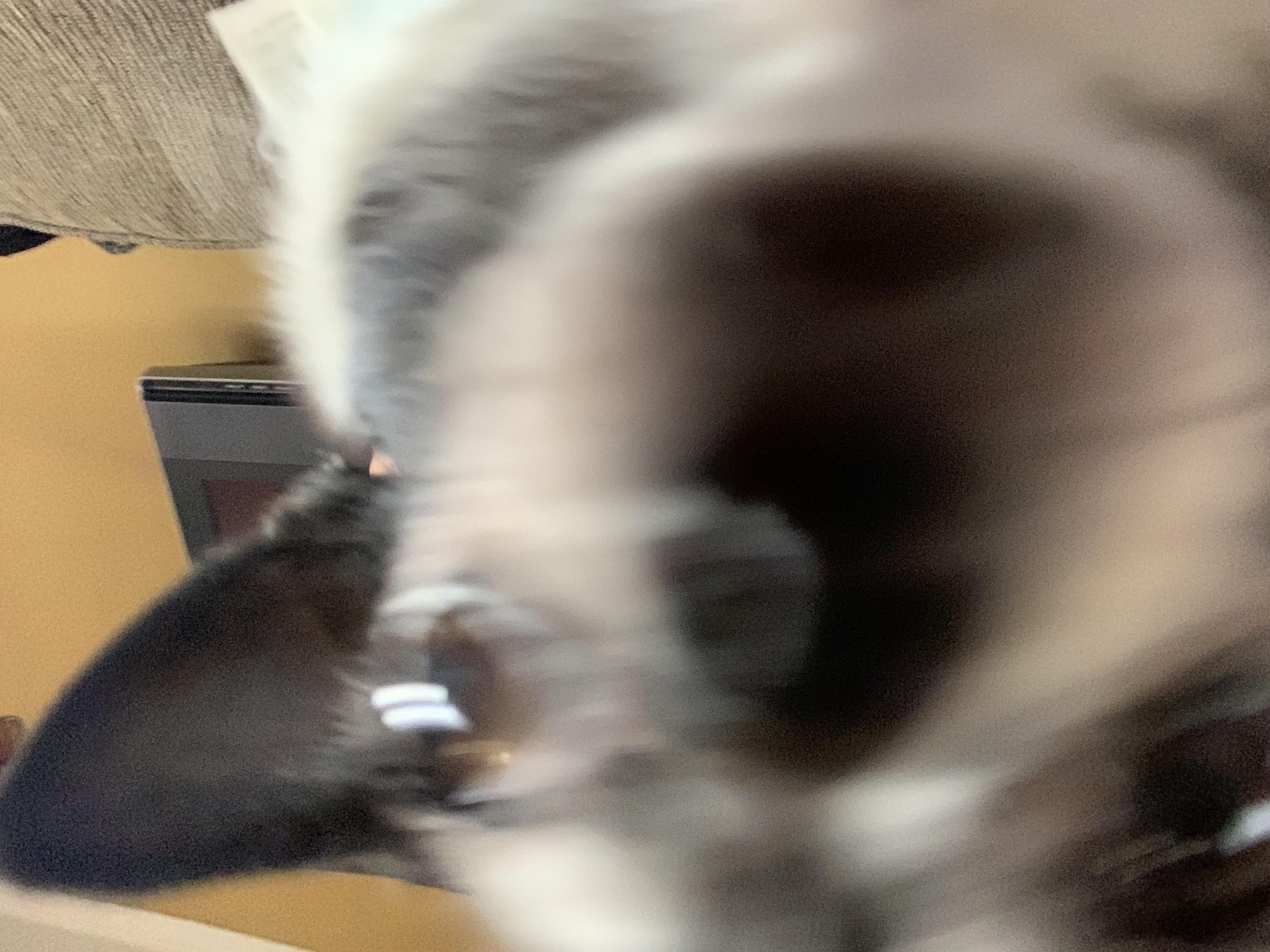
issue of developmental research: aspects of development
Some aspects of development might be gradual, continuous process; but many theorist also talk about how we go through distinct developmental stages
21
New cards

__**Cultural differences in raising babies**__ what do American parents want from their children?:
to have great, happy, and smart children
22
New cards
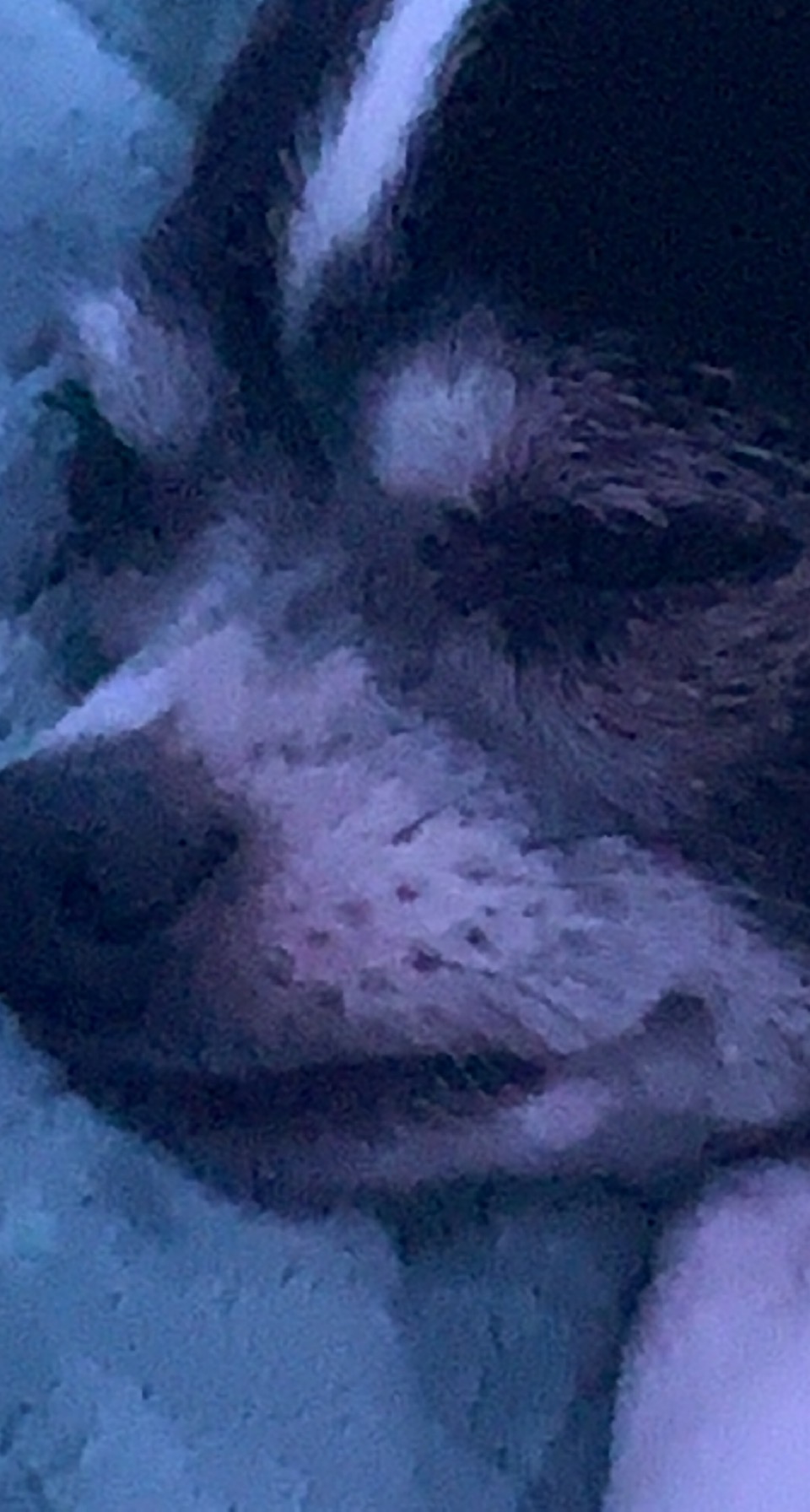
American parents do not have many support norms like:
no sponsored daycares, parental leave, and not much family involvement beyond mom and dad
23
New cards
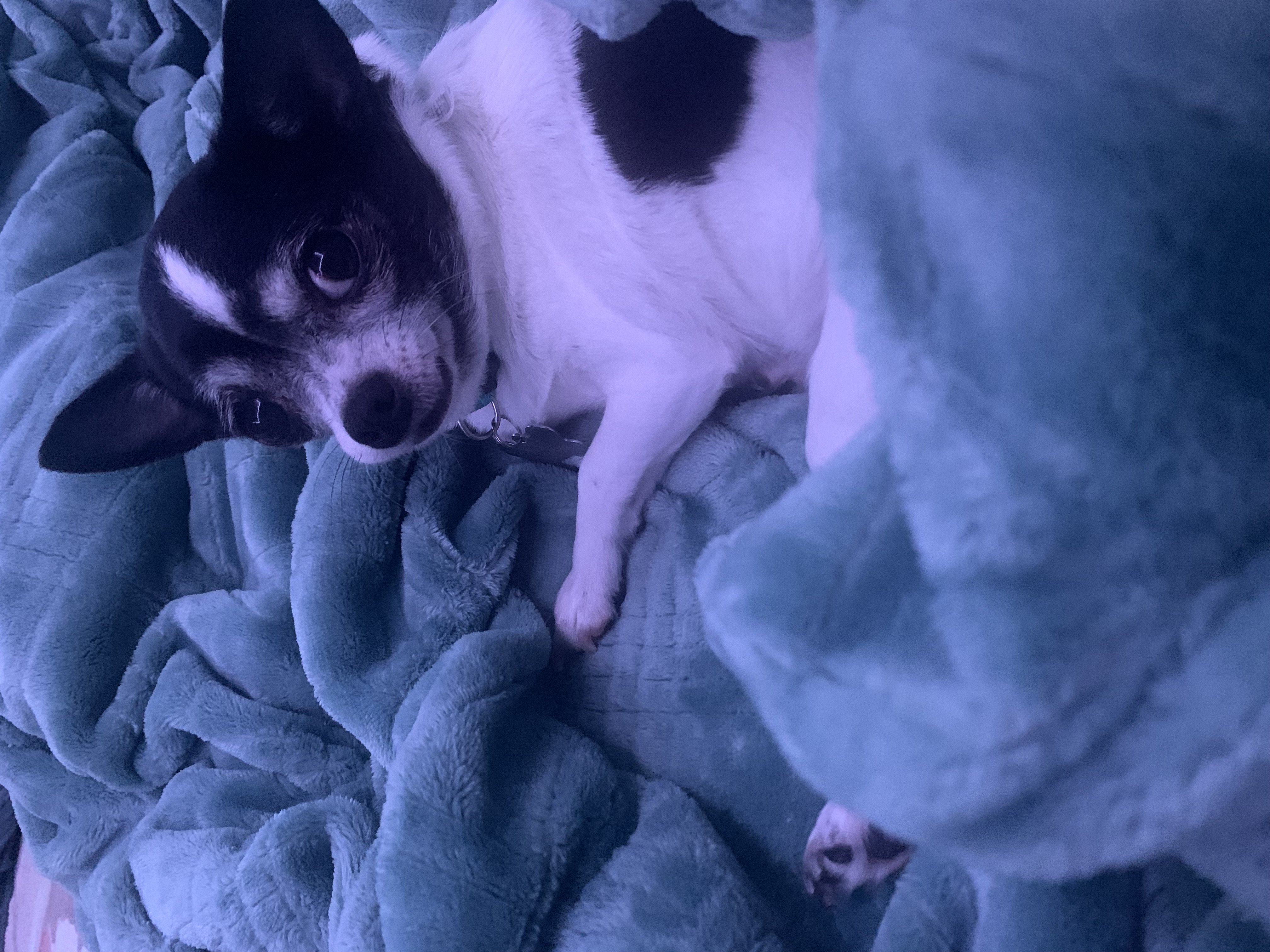
American parents __frequent perception:__
more crime this year than last but the reality statistics from the FBI that crime has gone down since 1990s
24
New cards

__Other stressors of American parents:__
* Perception of neighbors not being good for children
* Fear kidnapping
* Fear of child getting attacked or shot
* Fear of child getting in trouble with the law
* Difficulty finding after school programs
* Lack of involvement of extracurricular activities
* Fear kidnapping
* Fear of child getting attacked or shot
* Fear of child getting in trouble with the law
* Difficulty finding after school programs
* Lack of involvement of extracurricular activities
25
New cards

__Cognitive development: the importance of early stimulation__
* touch tends to lead to faster weight gain, and stimulates brain development(tested on rat pups and humans)
26
New cards

__Rosenzweig (1962):__
experimented with rat pups as one group was placed in an “impoverished area” meaning no toys or companions and the other group was placed in “enriched area” with toys and companions and the enriched group developed heavier and thicker cerebral cortices
27
New cards

__Jean Piaget:__
PHd in zoology in 21, swiss and wrote in French as he noticed that younger children answered questions differently because they think differently not because they know less.
28
New cards
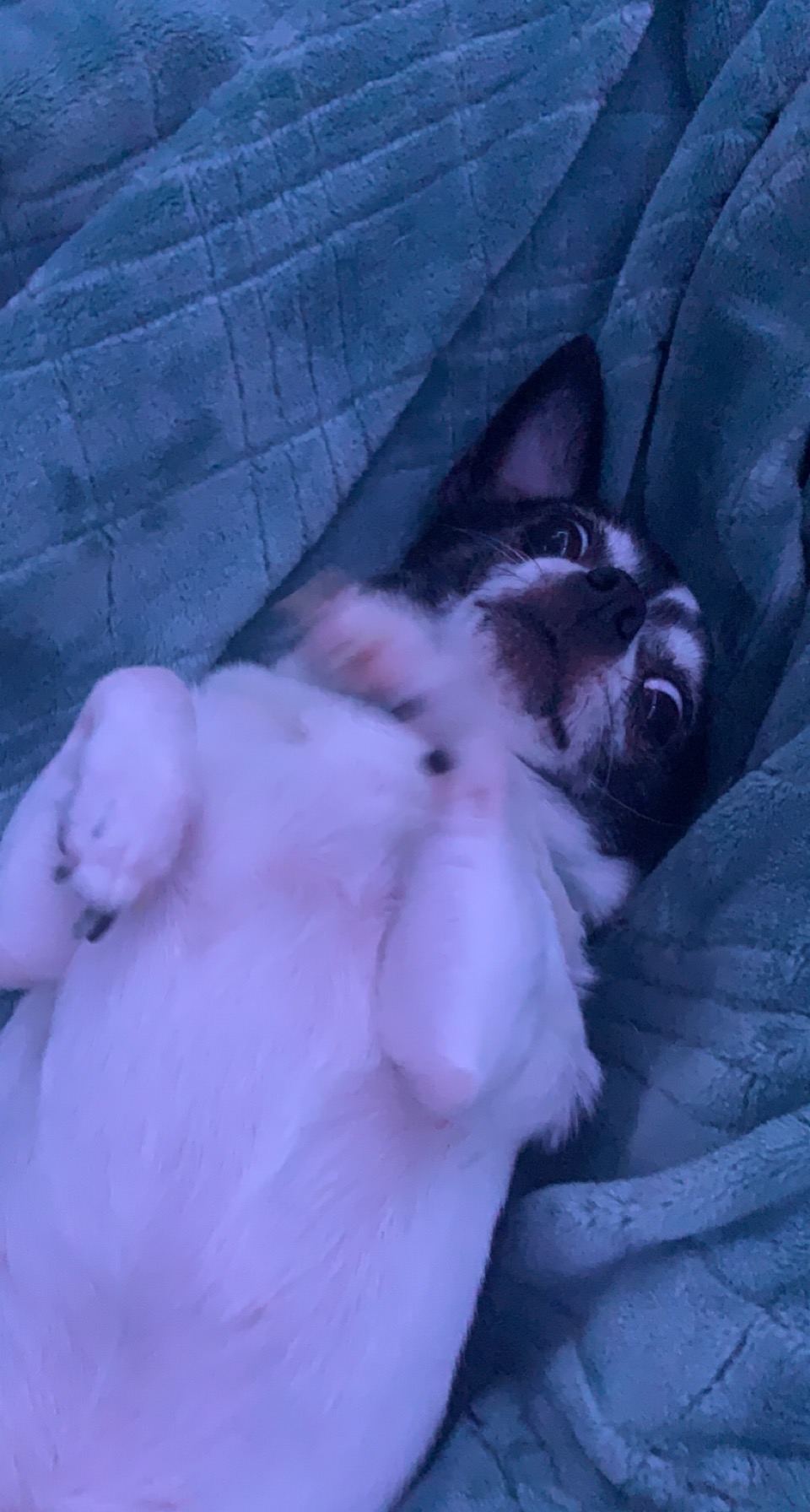
How we learn change(Piaget): Schema
mental structure or framework that organizes and interprets function
29
New cards

Piaget: Assimilation(incorporation)
* Interpreting new information in terms of existing knowledge
30
New cards

Piaget accommodation(adjustment):
modifying existing knowledge in response to new input
31
New cards

Piaget’s stages of cognitive development: 0-2yrs
ensorimotor: experiencing world through sense and actions…looking, nothing, touching; learning object permanence(something still exists even if you can’t see it)
32
New cards

__Piaget’s stages of cognitive development: 2-7yrs__
Preoperational: represent things with words and images, but literally and without logical reason; also not much ability to see other’s perspective
33
New cards

__Piaget’s stages of cognitive development: 7-11 years__
concrete operational: logical thinning about observable straightforward events, making analogies; understanding abstract qualities such as CONSERVATION of mass and volume
34
New cards

__Piaget’s stages of cognitive development: 12-adult__
adult: formal operational: abstract and moral reasoning; understanding ‘what if’ hypotheticals
35
New cards

__Lev Vygitsky__
* Russian, born to jewish parents
* Had interest in education and psychopathology
* Theories developed in 1920s
* becoming more popular in recent years
* Had interest in education and psychopathology
* Theories developed in 1920s
* becoming more popular in recent years
36
New cards

Vygotsky’s sociocultural theory; key themes
* Culture and adult interactions are vital. Children learn through talking with adults informally, and through formal teaching
* Cultural affects child’s cognitive development in 2 ways:
* Through culture, children acquire content of their knowledge(what to learn)
* Culture offers children the processes or ways of thinking(cognitive tools)(how to learn)
* Cultural affects child’s cognitive development in 2 ways:
* Through culture, children acquire content of their knowledge(what to learn)
* Culture offers children the processes or ways of thinking(cognitive tools)(how to learn)
37
New cards

Vygotsky’s theory on 2 years olds
language becomes an essential, integrated part of thinking
* Talking to self out loud at first then turns into inner speech-talking to oneself inside own mind
* Examples: motivation and focus; Staying calm, it’s okay, count to 10
* Physical skills: wait fo the pinch, eye on the ball, stay back
* learning/schoolwork; like math carrying the two
* Talking to self out loud at first then turns into inner speech-talking to oneself inside own mind
* Examples: motivation and focus; Staying calm, it’s okay, count to 10
* Physical skills: wait fo the pinch, eye on the ball, stay back
* learning/schoolwork; like math carrying the two
38
New cards
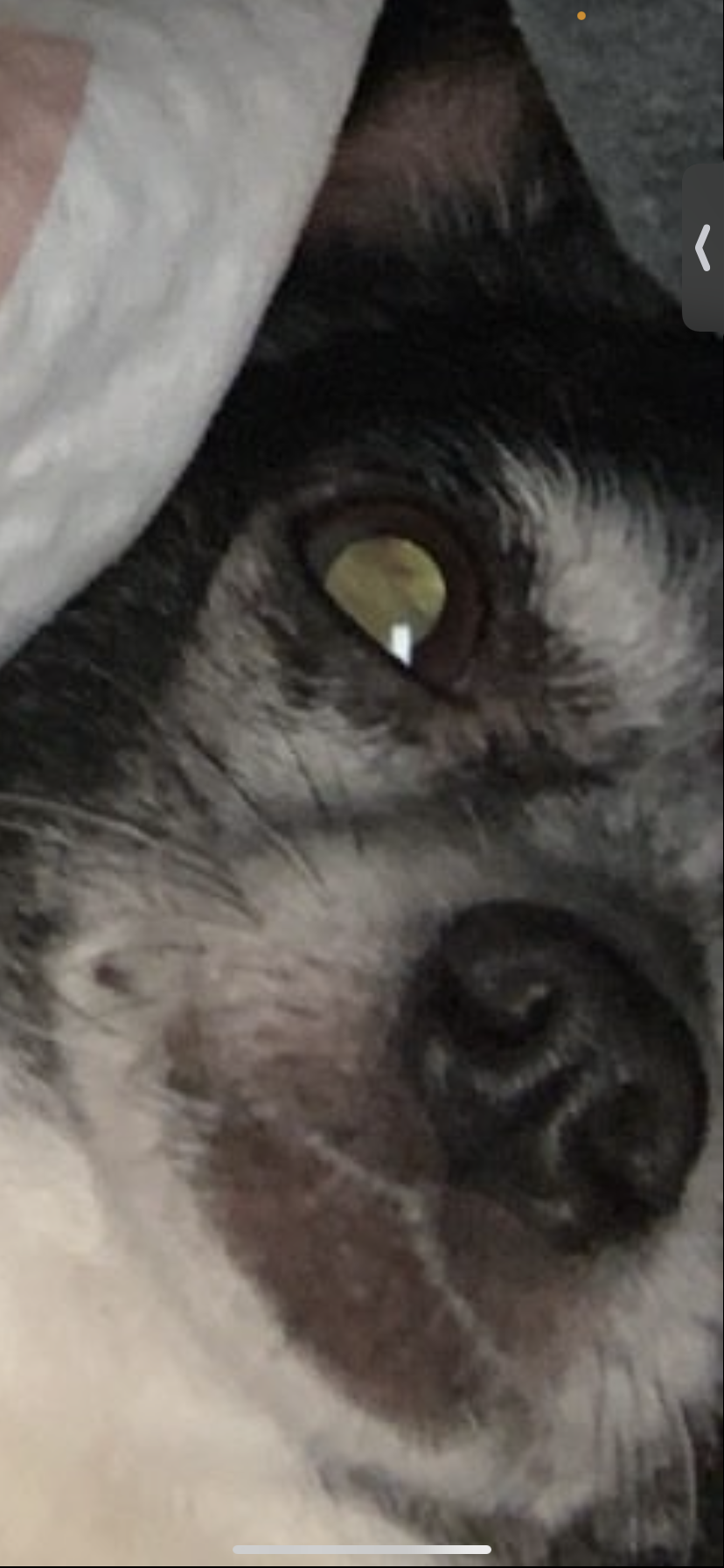
Ainsworth(1970)
measuring a child’s reaction response to mother after brief separation(“strange situation”)
39
New cards

__4 categories of attachment:__ Secure attachment(60%):
explore while she’s gone, but approach her upon return
40
New cards

__4 categories of attachment:__ Insecure avoidant(20%):
not distressed while gone; resist proximity upon return
41
New cards

__4 categories of attachment:__Insecure-ambivalent or resistant(15%):
upset while gone; both clingy and angry upon return
42
New cards

__4 categories of attachment:__Disoriented/disorganized(5%):
no clear patterns- confused –often occurs in maltreated children—
43
New cards
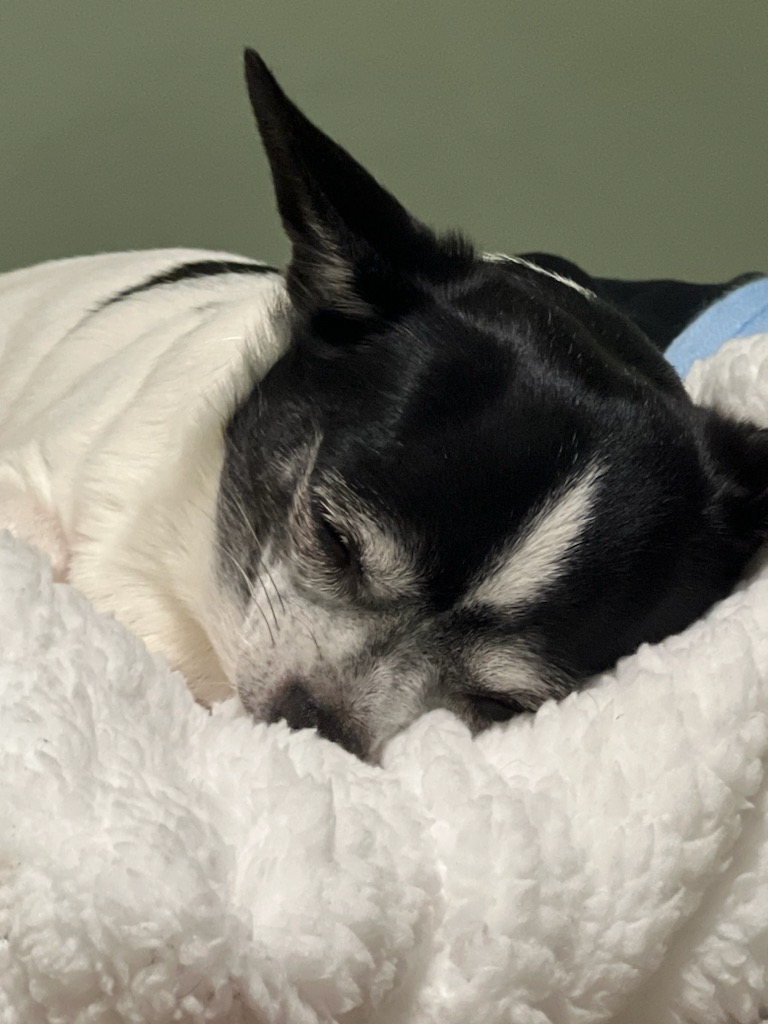
Van Ijzendoorn and kroonenberg(1988):
examined that there are two differences between cultures
44
New cards

Individualistic:
a lot of focus on individual happiness and needs(america which causes avoidant than resistant/ambivalent)
45
New cards

Collectiveness:
a lot of focus on what is good for the group(Japan, Israel China causes more resistant/ ambivalent than avoidant)
46
New cards

In people’s teen years they tend to:
engage in more risk taking behaviors because of frontal lobe not being fully formed and teens weigh rewards more heavily than possible risks
47
New cards
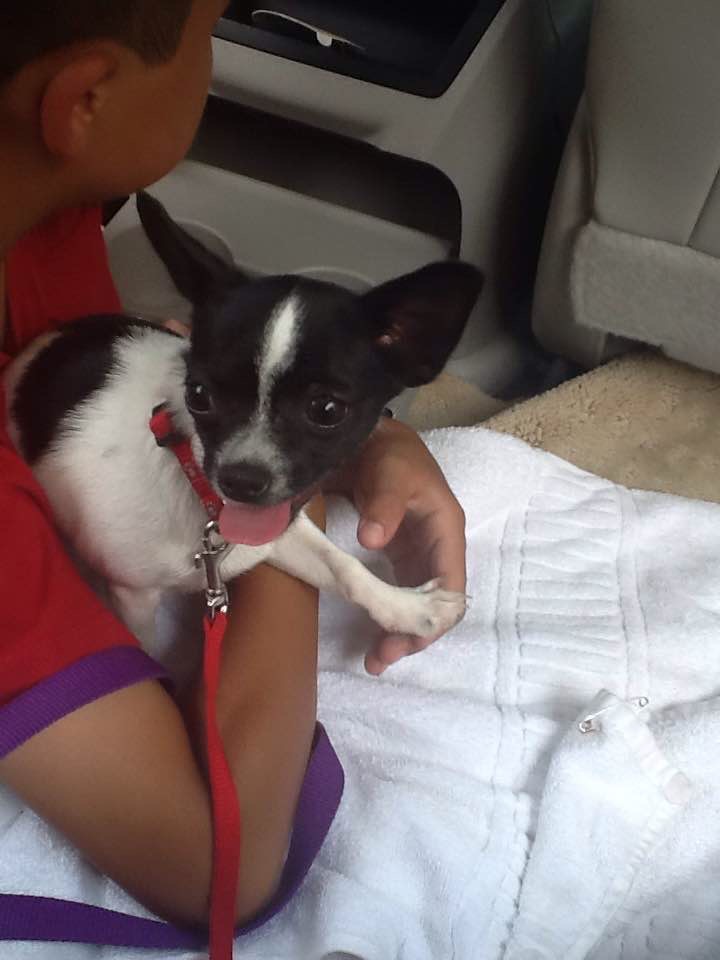
__Adolescent Egocentrism(ELKIND__):
* Imaginary audience:
* Imaginary audience:
“everyone is looking at me”
48
New cards

__Adolescent Egocentrism(ELKIND__): Personal fable:
* “Nobody understands my plight”
49
New cards

__Adolescent Egocentrism(ELKIND__):Hypocrisy
* inconsistent ethics across situations, see others as inconsiderate but not yourself
50
New cards

__Adolescent Egocentrism(ELKIND__): Pseudostupidity:
* oversimplified logic “If alcoholics know they will die from liver problems, why don’t they just stop?”
51
New cards

__Erik Erikson:__ 8 stages of the psychosocial development(only need to learn 2) Adolescent:
Identity vs role confusion(who am I?)
52
New cards

__Erik Erikson:__ Young adulthood:
Intimacy vs isolation: trying to form close relationships(where do I belong?)
53
New cards

__Consciousness:__
Awareness of our environments and our own mental processes
54
New cards
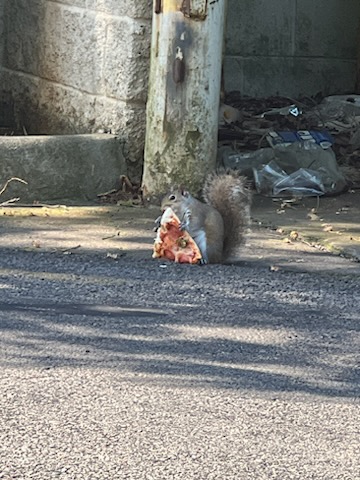
**Sigmund Freud~Background:**
Austrian Physician, psychiatrist, 1856-1939
Developed theory by treating people
* From the middle and upper class
* With emotional problems
* Who were mostly married, ‘proper’ women, with relatively few freedoms or outlets
Developed theory by treating people
* From the middle and upper class
* With emotional problems
* Who were mostly married, ‘proper’ women, with relatively few freedoms or outlets
55
New cards
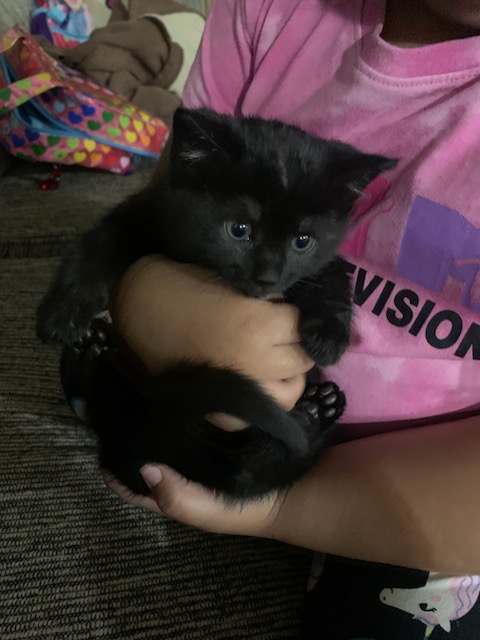
Freud: ID:
* Instinctual sexual or aggressive energy
* Works according to the pleasure principle
* Irrational, selfish
* Works according to the pleasure principle
* Irrational, selfish
56
New cards

Freud Ego:
* Acts as a manger, trying to satisfy needs of id in accordance with what’s realistic and moral(superego)
* Works according to the **reality principle**
-control Id, keep in check
- denies, delays, grati
* Works according to the **reality principle**
-control Id, keep in check
- denies, delays, grati
57
New cards

Freud __Superego:__
* Ideals, morals, conscience; concern with what is right
* Often in conflict with Id
* Often in conflict with Id
58
New cards

__Sublimation:__
a socially unacceptable want or activity is replaced by an acceptable one
59
New cards

__Conscious__:
Processes for which a person is subjectively aware
60
New cards
__Preconscious:__
processes not presently conscious, but could be quickly
…like if you’re asked a question, or playing a quiz game like Jeopardy
…like if you’re asked a question, or playing a quiz game like Jeopardy
61
New cards
__Unconscious__:
processes inaccessible to consciousness because they have been repressed
(kept from consciousness thought because it brings too much anxiety)
(kept from consciousness thought because it brings too much anxiety)
62
New cards
examples of unconscious thoughts/emotions can come into our consciousness:
* Dreams
* Responses to Rorschach tests
* ‘Freudian slips’
Ex: President Bush reportedly said in a speech to educators “I’d like to spank all teachers.” (Thank)
* Responses to Rorschach tests
* ‘Freudian slips’
Ex: President Bush reportedly said in a speech to educators “I’d like to spank all teachers.” (Thank)
63
New cards
**Why sleep?(functional, evolutionary perspective):**
* We’re tired, it restores us- our muscles, and brain tissues
* It keeps us away from trouble/harm
* It can aid immune system
* It helps us consolidate memories, helps neuron repair
* Partly because cerebral cortex isn’t busy processing outside info
* It keeps us away from trouble/harm
* It can aid immune system
* It helps us consolidate memories, helps neuron repair
* Partly because cerebral cortex isn’t busy processing outside info
64
New cards
**Sleep–Circadian Rhythms:**
The sleep cycle is based on circadian rhythms (internal patterns of bodily functions over a \~24-hour period)
65
New cards
sleep: a key brain area is the suprachiasmatic nucleus (SCN) in the hypothalamus which…
* it influences the hypothalamus and reticular formation to keep our temperature, hunger, sleep, etc. on a synchronized schedule
66
New cards
Sleep: when SCN receive input from the retina….
its getting information about light/dark cycle
Disruptions to the circadian rhythm (e.g. from shifting work schedule, jet lag, pulling an ‘all nighter’ can lead to unclear thinking, inattentiveness, and feeling sleepy.
Many experts recommend waking up at a very consistent time, even if that means sleeping less on occasion
Disruptions to the circadian rhythm (e.g. from shifting work schedule, jet lag, pulling an ‘all nighter’ can lead to unclear thinking, inattentiveness, and feeling sleepy.
Many experts recommend waking up at a very consistent time, even if that means sleeping less on occasion
67
New cards
What is __**EEGs?**__
Graphically record brain-wave activity through electrodes on the scalp and forehead EEG waves vary in frequency and amplitude
\
In the stages of sleep, particularly the ‘deep sleep’ stages, the body relaxes, and the EEG activity, heart rate, and breathing slow.
\
In the stages of sleep, particularly the ‘deep sleep’ stages, the body relaxes, and the EEG activity, heart rate, and breathing slow.
68
New cards
__REM (Rapid Eye Movement) Sleep__
* Physiologically, very similar to being awake
* Many muscles are paralyzed. Sleepwalking cannot occur during REM sleep
* Dreams occur in other stages, too, but they’re more vivid, long lasting, and detailed in REM sleep
* Many muscles are paralyzed. Sleepwalking cannot occur during REM sleep
* Dreams occur in other stages, too, but they’re more vivid, long lasting, and detailed in REM sleep
69
New cards
Sleep deprivation can cause cognitive, motor impairment, what is an effect of lack of sleep compared to?
* Effects of sleep deprivation are comparable to those of alcohol on driving. Staying awake just 3 hours longer than usual reduces driving performance
70
New cards
__Other Effects of sleep deprivation__
* Difficulty concentrating (paying attention, multitasking, avoiding mistakes)
* Irritability, moodiness
* Increased risk of depression
* Rats totally deprived of sleep for 2-3 weeks die
* Irritability, moodiness
* Increased risk of depression
* Rats totally deprived of sleep for 2-3 weeks die
71
New cards
Watch your alcohol consumption.
WHY?
WHY?
* Alcohol is sedative, helps initially get you into light sleep
* As it's metabolized, stages get disrupted and you get less sleep and REM. So the 2nd half of the night may not be restful, mostly stages 1 and 2 interrupted by wakefulness
* As it's metabolized, stages get disrupted and you get less sleep and REM. So the 2nd half of the night may not be restful, mostly stages 1 and 2 interrupted by wakefulness
72
New cards
__Hypnosis:__
trancelike state if consciousness characterized by deep relaxation and suggestibility
73
New cards
**True or False: People we see in hypnotic trances are faking it**
**False-**Brain scans show they are feeling/seeing what they claim
74
New cards
**True or False: People who are hypnotized show better memory for past events (so may be useful for police investigations or courtrooms).-**
False-They may be WILLING to recall past events, but hypnotism __DOES NOT improve accuracy__ of recall.
75
New cards
**True or False: Hypnotism can be used as a part of psychotherapy, to help someone change their behaviors or emotional responses.-**
**True** Somewhat controversial, and not helpful for all clinical diagnoses
76
New cards
**True or False: Hypnotism is an effective analgesic (reducing pain).-**
**True** This has been known/used for decades.
77
New cards
what are Psychoactive drugs-
Operate on the nervous system to alter mental activity, conscious experience
78
New cards
opioids: Why is this such an American (and German) thing? Some possibilities…
* Physician ignorance and aggressive marketing by manufacturers
* Regulations, costs
* Taboos about drugs in some cultures
* Regulations, costs
* Taboos about drugs in some cultures
79
New cards
example of stimulants
amphetamines, caffeine, ecstacy
80
New cards
ex. of Depressants
alcohol, tranquilizers, the opiates
81
New cards
ex. of Hallucinogens
LSD, ‘mushrooms’, marijuana
82
New cards
3 Ways Drugs Commonly Affect People: alter mood
Almost all addictive drugs stimulate a reward pathway in the brain --- the __mesolimbic pathway__ (__dopamine__ involved)
83
New cards
3 Ways Drugs Commonly Affect People: alter energy levels
e.g. amphetamines stimulate the release of epinephrine, a NT that increases sympathetic activity
84
New cards
3 Ways Drugs Commonly Affect People: produce hallucinations (__some__ drugs)
adderall, __Hallucinogenic mushrooms, DMT (Dimethyltryptamine; a hallucinogen)__
85
New cards
Can taking a hallucinogen enhance creativity?
(Baggott, 2015)
(Baggott, 2015)
* It's unclear.
* Certainly self reports indicate it can – – e.g. famous people crediting LSD for helping them design a building or write a book.
* There is little scientific research on it, and defining creativity in a lab situation is difficult.
* There's more evidence for short-term (while tripping) enhancement in creativity than long-term.
* Effects seem to be stronger for inexperienced users than for repeated users.
* Certainly self reports indicate it can – – e.g. famous people crediting LSD for helping them design a building or write a book.
* There is little scientific research on it, and defining creativity in a lab situation is difficult.
* There's more evidence for short-term (while tripping) enhancement in creativity than long-term.
* Effects seem to be stronger for inexperienced users than for repeated users.
86
New cards
__Drug tolerance-__
smaller effects is same amount taken repeatedly
87
New cards
__Withdrawal-__
when drug use is stopped, cravings and unwanted symptoms occur that are generally opposite in direction to the initial drug effects (e.g. tired w/ out caffeine, pain w/out hydrocodone)
88
New cards
How Does Tolerance/Withdrawal Occur?
Many ways—changes the regulation of pathways for dopamine, serotonin, norepinephrine, etc.
89
New cards
Some characteristics of __substance use disorder__ …
1. tolerance, and withdrawal symptoms
2. ‘craving’ it
3. using a lot, can’t stop
4. continued use despite dangers, long-term problems
5. negatively impacts responsibilities, work
6. negatively impacts social activities